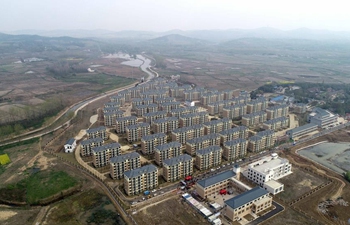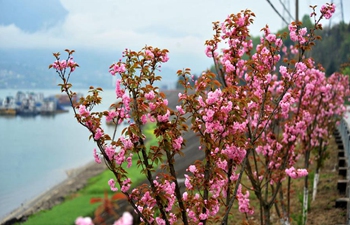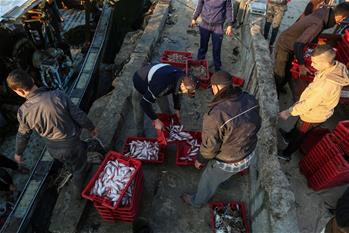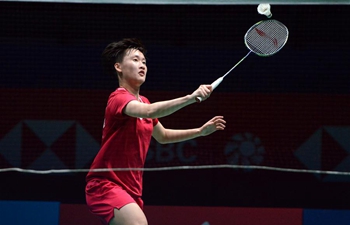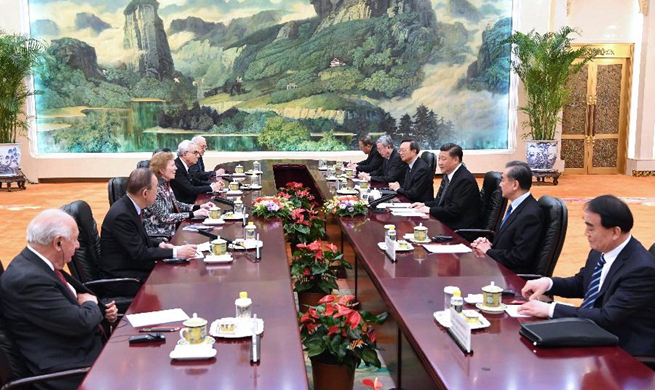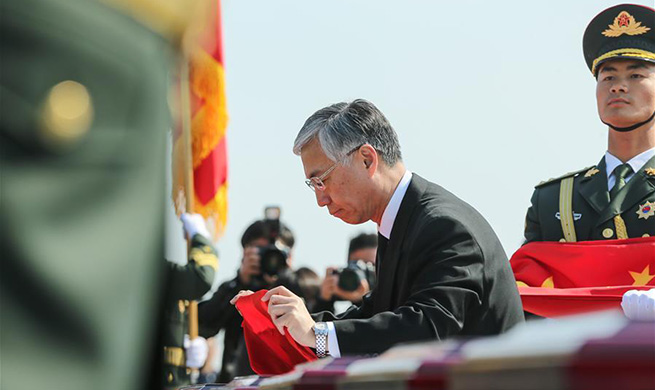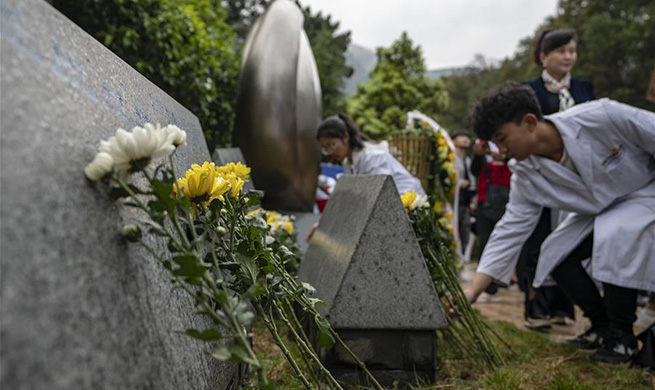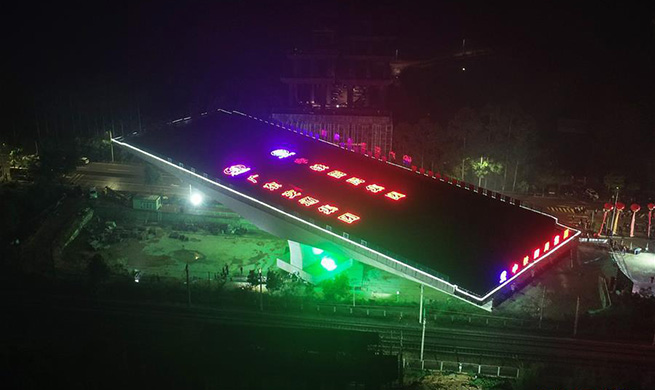JUBA, April 3 (Xinhua) -- South Sudan on Wednesday entered into a partnership with the United Nations Development Program (UNDP) to domesticate global best practices that can promote rule of law, human rights and peace.
Alfred Kiri Yokwe, South Sudan's local government minister of Law Enforcement Agency and Parliamentary Affairs, said that fidelity to the rule of law, human rights and gender mainstreaming is key to restoration of peace in the world's youngest nation.
"We need to improve our courts to enable them apply justice effectively bearing in mind that South Sudan is now hosting many nationalities that need equal protection of the law," said Yokwe.
He spoke during a forum for traditional chiefs who were trained on the harmonization of customary law, statutory law including the alignment of the traditional practices with human rights standards.
"We are now tasked to disseminate the agreement to our people and we encourage peaceful coexistence in our societies so that we can address issues that confront us," said Yokwe.
"War is over and we need development and to preach peace to our people and the chiefs are part and parcel of carrying out this message," he added.
Lealem Berhanu Dinku, UNDP South Sudan's senior advisor on Democratic Governance and Stability Unit, said the training will build upon resolutions agreed during last year's annual rule of law forum and identify inconsistencies for further alignment with the country's bill of rights, legal principles of the formal courts and international standards.
He said UNDP is supporting the ministry of justice, local government courts, and traditional authorities since 2005 to push for the promotion of rule of law, access to justice and good governance.
"We will continue to support you because harmonizing traditional justice system into the judiciary system is very important for the realization of achieving good governance in the country," Dinku told traditional chiefs.
In February, South Sudan's peace monitors said fidelity to the rule of law and governance were key to achieving durable peace in the country following the outbreak of the conflict in late 2013 that has uprooted about 4 million South Sudanese internally and externally.
Since then, the civil war has devastated families, communities, and traditions, including judicial institutions in the country.
